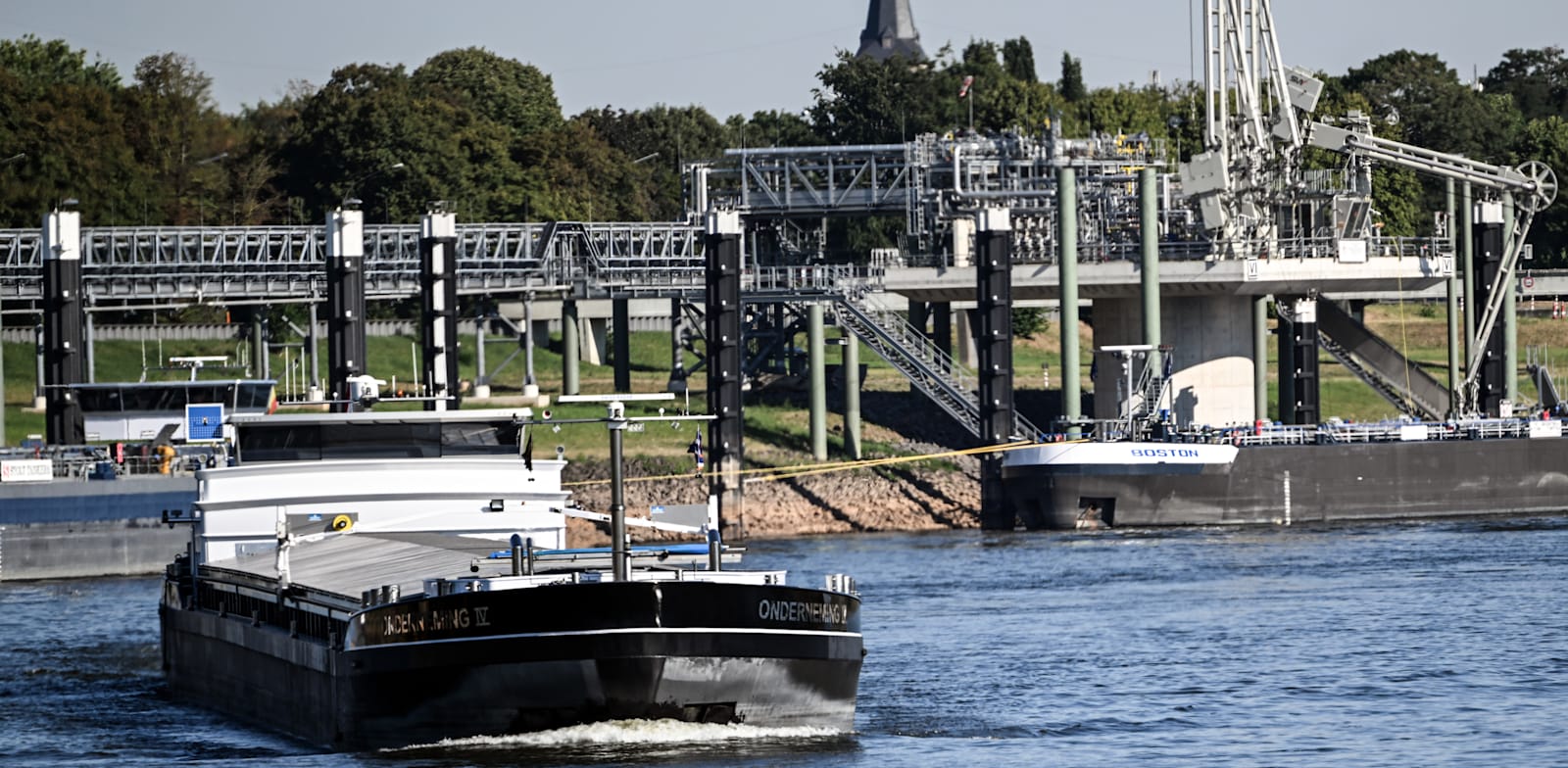The Rhine River, which is still used as it was hundreds of years ago as a vital economic trade waterway in Germany, decreases in the summer to levels that interrupt business on it. This has been happening more frequently in recent years. Even now, as the globe experiences an unusually dry summer and intense heat waves that are indicative of the current global warming, the Rhine’s once-brisk economic activity is slowing down, and Germany as a whole is waiting for rain. German academics recently issued a warning that “the situation will only become worse” in the upcoming weeks.
The poor condition of the Rhine River could make Germany’s current economic issues worse, along with the effects of the current drought on agricultural crops, the numerous forest fires, and the effects on animals (in nearby Switzerland, the Air Force flies water from the lakes to the mountain huts where the cows go in the summer). According to the German Hydrological Institute, the water level will continue to fall even the following week.
On-the-ground records of some of the economic effects have already been made. The cost of transportation on the boats that continuously traverse the river, delivering coal or other raw materials to the heavy industries strewn along its banks, has multiplied by five. Because of the shallow water, barge owners are compelled to transport less cargo on each voyage out of concern that the ships may become stranded on the river’s bed. Only 30 to 35 centimeters of water cover a portion of the Rhine path, and the situation is predicted to get worse the next week. Barges are only laden with a fifth of their carrying capacity as of this week. The lack of ships as a result of the increased demand for ships to transport coal is another factor causing price hikes. The current state of affairs is starting to resemble the summer of 2018, when the Rhine was barely 25 cm deep west of Frankfurt and almost no traffic was moving.
Near the city of Cologne, the Rhine River dries up. Photograph: Reuters, Christoph Reichwein
Germany has recently expanded its reliance on coal in industry and for the production of power as it seeks to deal with declining imports of natural gas and oil from Russia and anticipates significant shortages of these fuels this winter. Although using trains and trucks to carry coal is an alternative being investigated by the German government, it is both more difficult and expensive. There are proposals for coal shipments on the Rhine to take precedence over other freight in the energy sector.
The Rhine River downturn and its associated economic effects, according to a calculation by the British firm “Capital Economics,” will reduce the German GDP by another 0.2%, intensifying the country’s predicted recession (consecutive negative growth). Germany experienced 0% growth in the previous quarter.
Both the drought and the intense heat in Europe in July and August had an impact on the travel and tourist sector. Because of the danger of rockfall, which has increased significantly as a result of the current climatic circumstances, hikers are not permitted to use the mountain paths near the peak of Mont-Blanc. Both the cruise ships on Lake Constance in southern Germany and the cruise ships on the Weser River in northern Germany have stranded. For instance, in Berlin and Munich, the lush parks typically turn yellow from a shortage of water, and employees stop working on emergency watering tasks.
